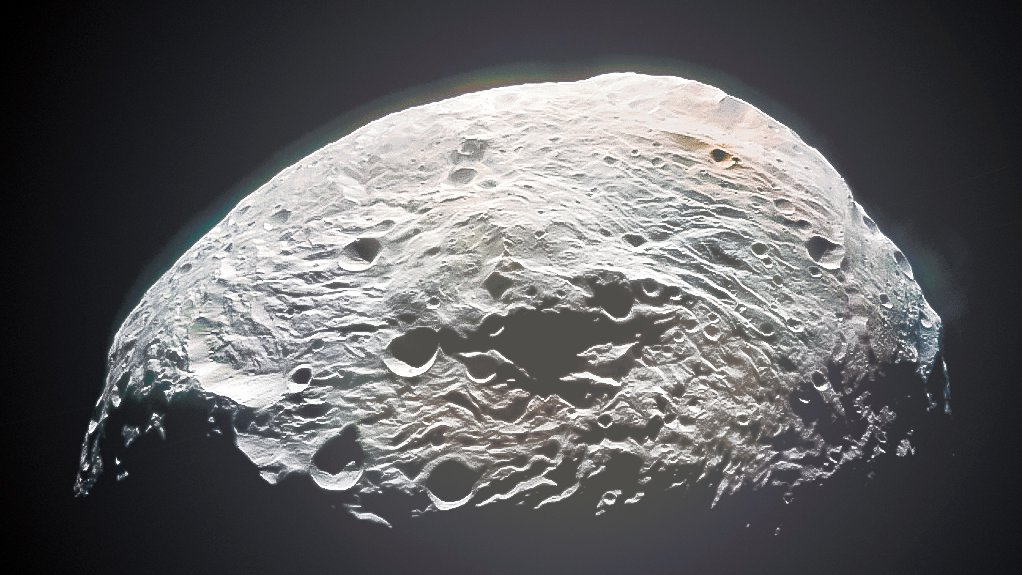This is why it would be difficult to colonise the Moon
Ground control to Major Tom...

In all the recent talk of water on Mars and colonising the Red Planet, you might be wondering why we're ignoring our nearest astronomical neighbour, the Moon. Well, it turns out that living on the Moon isn't as pleasant as you might think.
A combination of a total lack of atmosphere and a day-night cycle that lasts about four Earth weeks would make Moon life pretty unpleasant. But the biggest problem is a lack of water.
During the era of the Moon landings, we thought there was no water on the Moon at all - that the absence of an atmosphere would boil it all off into space. Now we know that's not quite true - there is some ice locked in hydrated minerals below the surface.
Can you dig it?
Those minerals, it seems, have come from asteroids. Some types of asteroids can contain up to 10% water in the form of these hydrated minerals, and when they crash to the surface that water gets added to the Moon's store.
A new study, published in the journal Planetary and Space Science, shows that this is the most likely way that most of the Moon's water arrived
Unfortunately for astronauts, getting that water out of the minerals is not easy. You need to dig it up, and then heat it to between 300 and 1200C while stopping the resulting steam from leaking out into space. For now, it seems that wannabe colonists are likely to have more luck on Mars instead.
Harvard is teaching its robot bee how to swim
Sign up for breaking news, reviews, opinion, top tech deals, and more.
